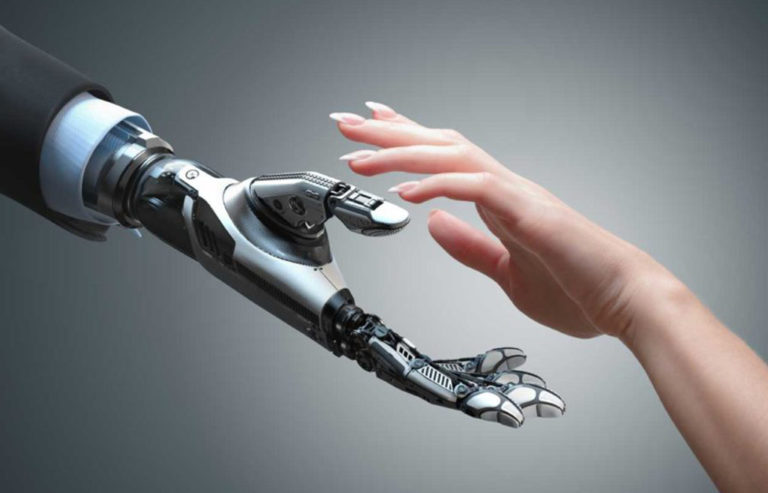
.- The AI Revolution: Predictions for the Future of Human-Machine Interaction.- The AI Revolution: Predictions for the Future of Human-Machine Interaction The rapid advancement of artificial intelligence (AI) is poised to revolutionize human-machine interaction, ushering in a transformative era where technology and humanity intertwine in unprecedented ways. Enhanced Collaboration and Productivity: AI-powered assistants and algorithms will become indispensable tools for professionals, automating routine tasks and enhancing decision-making. By automating data analysis, generating insights, and streamlining workflows, AI will free up human experts to focus on higher-value tasks, leading to increased productivity and innovation. Personalized and Intuitive Interfaces: AI will enable the creation of personalized user interfaces that adapt to individual preferences and needs. Machine learning algorithms will analyze user data, such as usage patterns, interests, and emotions, to tailor experiences to each user. This will result in more intuitive and engaging interactions between humans and machines. Natural Language Processing and Communication: Advancements in natural language processing (NLP) will remove the barriers of language between humans and machines. AI-powered chatbots and virtual assistants will be able to understand and respond to complex questions and requests in a human-like manner, making it easier for users to interact with technology. Enhanced Safety and Security: AI can enhance safety and security in various domains. Surveillance systems powered by AI algorithms can detect anomalies, identify potential threats, and provide early warnings. In healthcare, AI can assist with diagnostics, monitoring, and treatment, reducing errors and improving patient outcomes. Emotional Intelligence and Empathy: Emerging research suggests that AI systems are developing emotional intelligence (EI) and empathy. This will enable machines to understand and respond to human emotions, fostering more natural and meaningful interactions. As AI becomes more human-like in its ability to empathize, it can provide personalized support and guidance to users. Ethical Considerations: The AI revolution poses ethical considerations that must be addressed. As machines become more intelligent and autonomous, questions arise about privacy, accountability, and the potential impact on human employment. Society must engage in thoughtful debates and establish ethical frameworks to ensure responsible and beneficial use of AI. Conclusion: The AI revolution promises to transform the way humans interact with technology, unlocking unprecedented possibilities for collaboration, productivity, personalization, safety, and emotional intelligence. However, it is crucial to navigate this transformation with an ethical compass, ensuring that the benefits of AI are equitably distributed and that the rights and well-being of humanity are protected.
Posted inNews